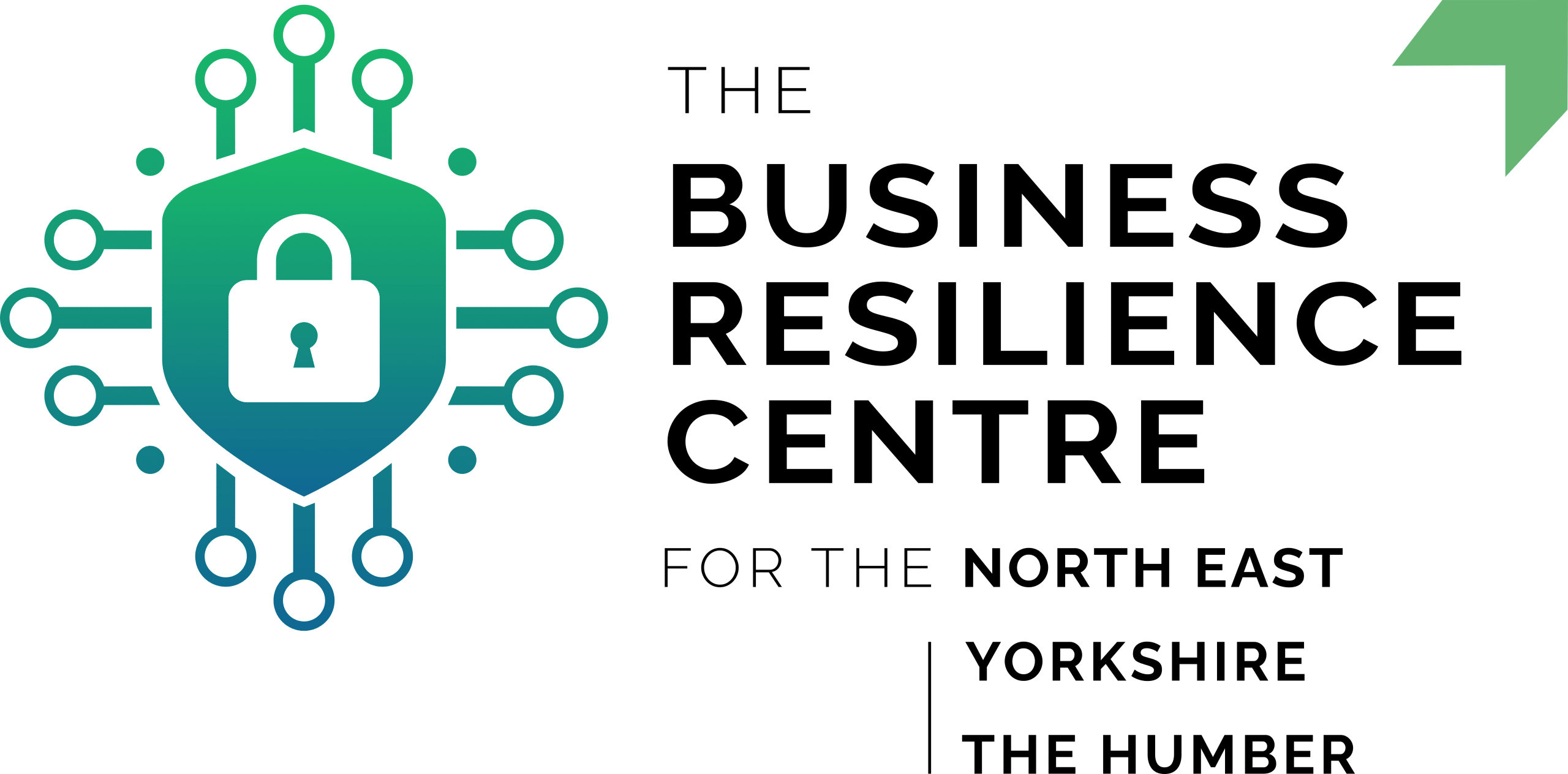The National Cyber Security Centre (NCSC) is warning bargain hunters to be extra alert for seasonal scams, as part of its recent Cyber Aware campaign.
And now is a good time to strengthen online security credentials for individuals and businesses alike with new figures revealing that victims of online Christmas shopping scams lost on average £1,000 per person last year, and with businesses across all sectors reporting a rise in targeted online crime.
Scams range in size and complexity across multiple platforms but each one is aimed at getting your hard-earned cash. And with inflation hitting double digits and heating costs rising by the month, it’s not easy to ignore what might look like a great bargain.
NCSC CEO Lindy Cameron said: “Online shoppers will understandably be looking for bargains during the Black Friday and Christmas shopping period and we want them to do so safely. Sadly, we know that criminals will look to exploit consumers at this time of year which is why good cyber security has such an important role to play.
“I would urge everyone to help us fight the scammers by following our Cyber Aware advice to set up two-step verification and use three random word passwords.”
Pauline Smith, Head of Action Fraud, added:
“The festive season is an expensive time for many of us. It’s natural for shoppers to get caught up in the excitement of Black Friday deals, and rush into making a quick purchase online to bag a bargain. Unfortunately, Christmas will come early for criminals who see this as an ideal opportunity to take advantage of us with the tempting promise of bogus cheap deals.
“Our figures show that most scams last year involved mobile phones and electronics, so always shop with official retailers and don’t be enticed by deals that seem too good to be true. Where possible, use a credit card when shopping online as this will offer you more protection if anything goes wrong.”
Here are some easy ways to help protect you, your colleagues and those in your supply chain:
- Protect your accounts: set up 2-step verification and use three random words passwords to prevent cyber criminals from gaining access to your shopping, bank or email accounts.
- Choose carefully where you shop: research online retailers, particularly if you haven’t bought from them before, to check they’re legitimate. Read feedback from people or organisations that you trust, such as consumer websites.
- Pay securely: use a credit card when shopping online, if you have one. Most major credit card providers protect online purchases and are obliged to refund you in certain circumstances. Using a credit card (rather than a debit card) also means that if your payment details are stolen, your main bank account won’t be directly affected. Also consider using a payment platform, such as PayPal, Google or Apple Pay. Also, look for the closed padlock in the web address bar – it means your connection is secure.
Anyone who thinks they have been a victim of fraud should contact their bank immediately and report it to Action Fraud online at actionfraud.police.uk or by calling 0300 123 2040. More information is available by searching #FraudFreeXmas.If you would like to discuss online security for your business and how to help protect from cyber criminals speak to a member of the NEBRC at: [email protected] or sign up to our free core membership to keep up to date with the latest cyber security matters and keep your business safe online.

